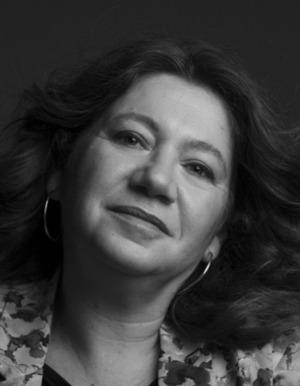MIFC – The future of cinema
« Nourishing our imaginations »
PostED ON 15.10.2025
Catherine Mallet, Director and Programmer of the arthouse cinema La Cascade, and a member of the Agency for the Regional Development of Cinema, is in Lyon to highlight the importance of appreciating heritage cinema.

© DR
The AFCAE (French Association of Arthouse Cinemas) is celebrating its 70th anniversary. Where does it stand today?
What is precious about this association is its values, namely knowing how to maintain diversity on our screens. It gives importance to ‘otherness’, encourages curiosity and supports creativity in the world in 2025. It’s more primordial than ever. It’s about solidarity and regional roots, questioning where cinema is happening and where it can be found. It means going deeper into the regions. We must maintain this network of cinemas and this territorial reach. It’s a treasure for our country. Cinema for everyone, with a great deal of freedom in programming. We join the audience to discover new works, to nourish our imaginations and our need for ‘elsewhere’ through films that offer different perspectives, that look at the world from where they’re made. Celebrating 70 years also means constantly adapting to new audiences.
Why is it important to pass on heritage cinema?
In order to be able to describe today's cinema, we need a kind of matrix, a history of cinema that acts as a reference point. Moreover, heritage cinema is also a document; it has value across all eras specific to these narratives and their form, which evolve but belong to a certain period. It’s vital to pass on this historical, visual and auditory richness to younger generations. There’s also great enjoyment in heritage linked to memory. We want to pass that on, to share a film that’s had an impact on us.
What does the future hold for heritage cinema?
The future is related to the work we do to accompany our audiences during a programme. We contextualise it to make it relevant to today. Then we supplement the screenings with events such as debates and analysis sessions. We add value. There can be quizzes, games and discussions after the films. This conviviality is in high demand and takes many forms. We play with the history of cinema, we have fun with heritage cinema, we work on understanding what this cinema has to say, we show that all this rich heritage exists!
Virginie Apiou

